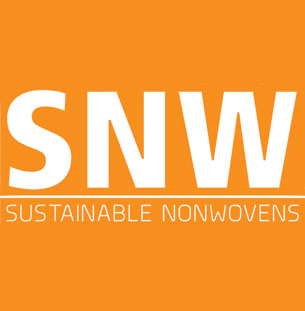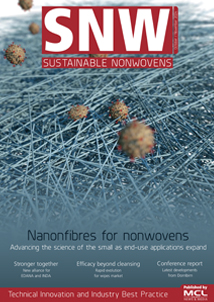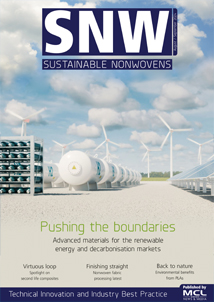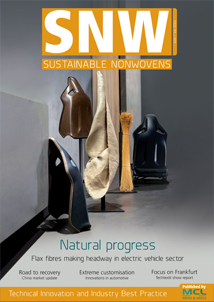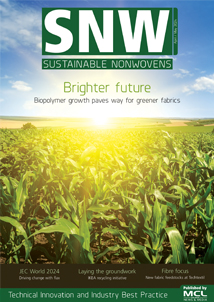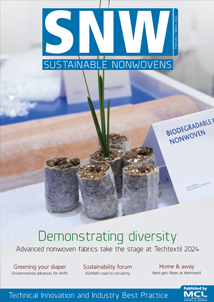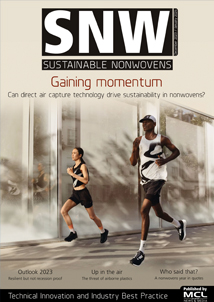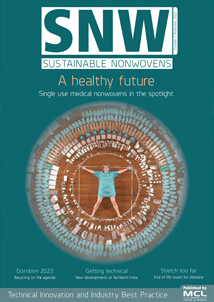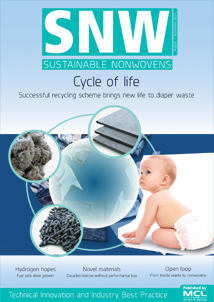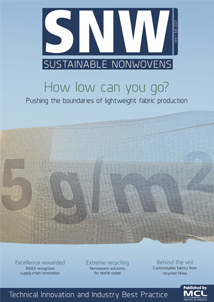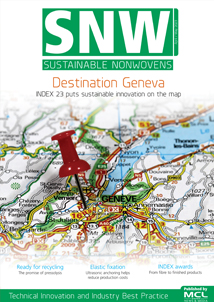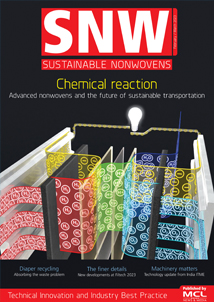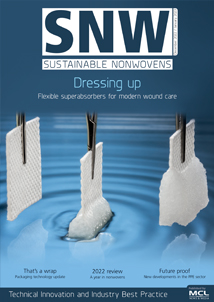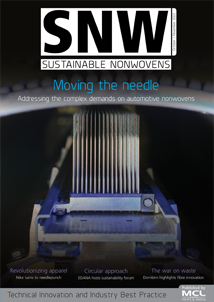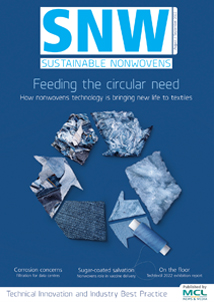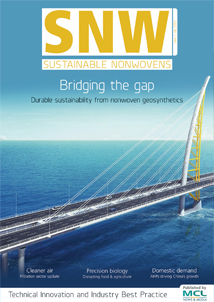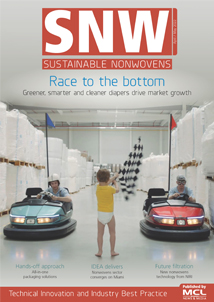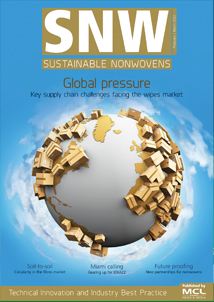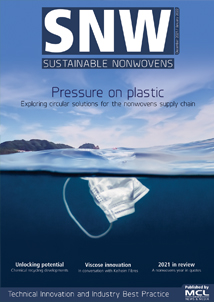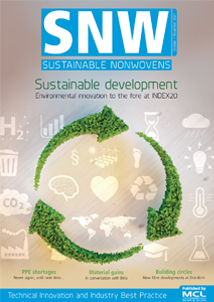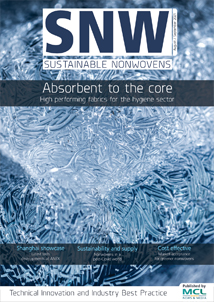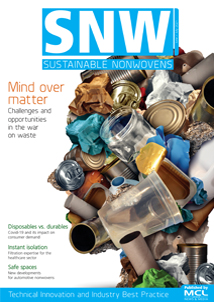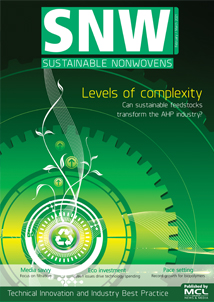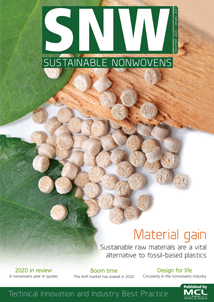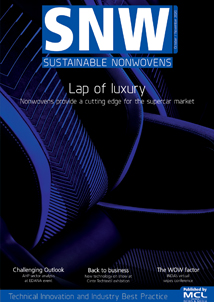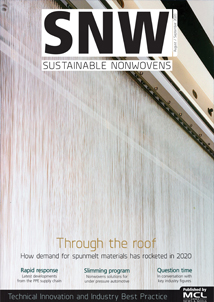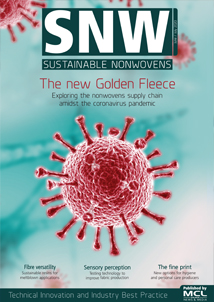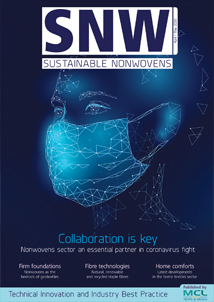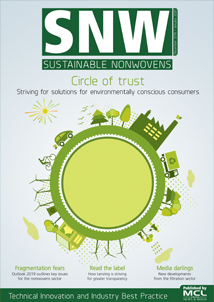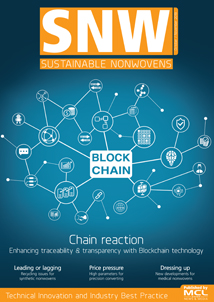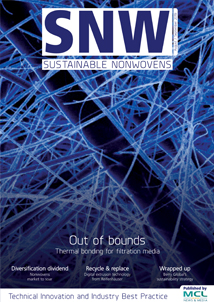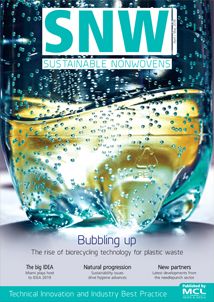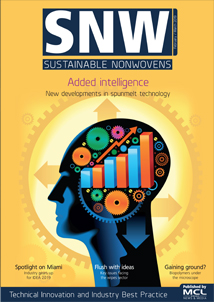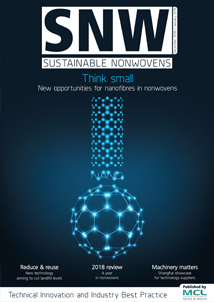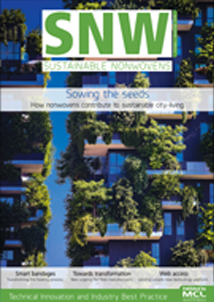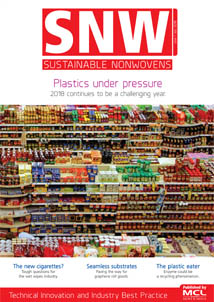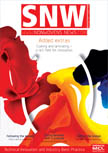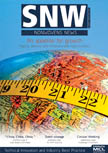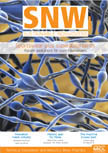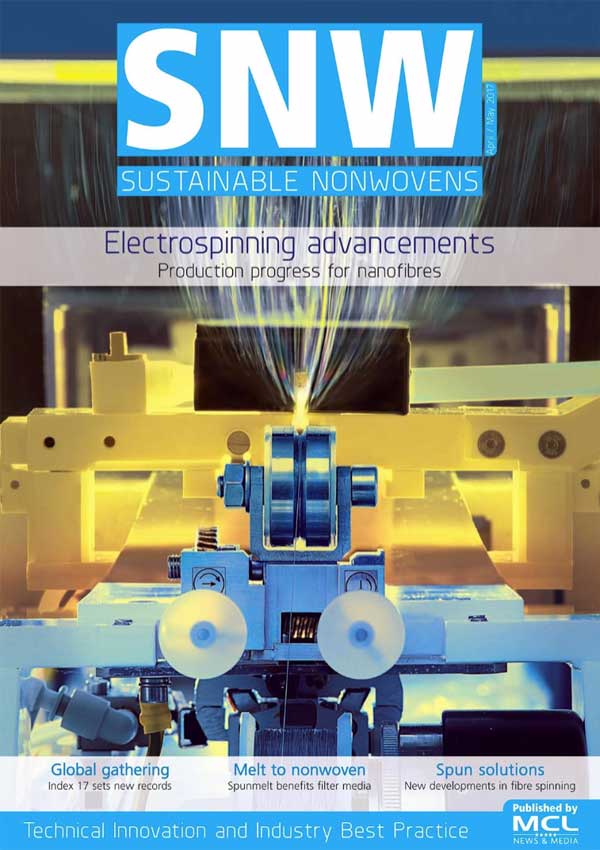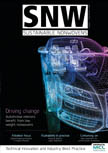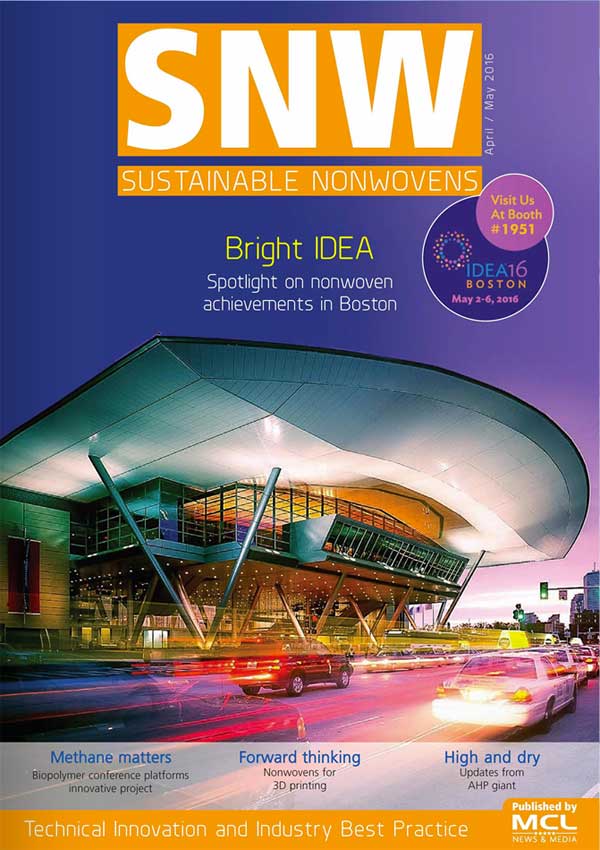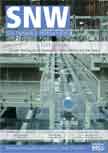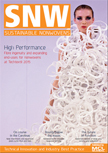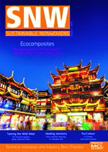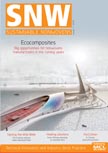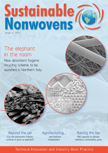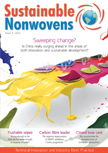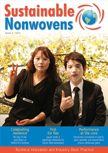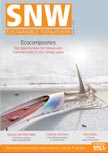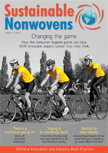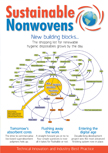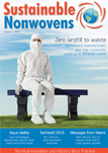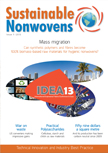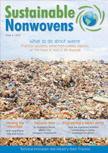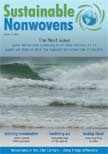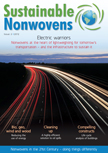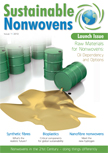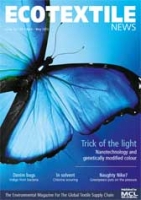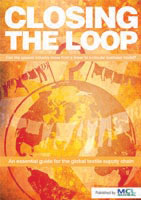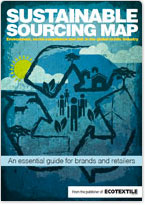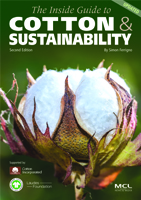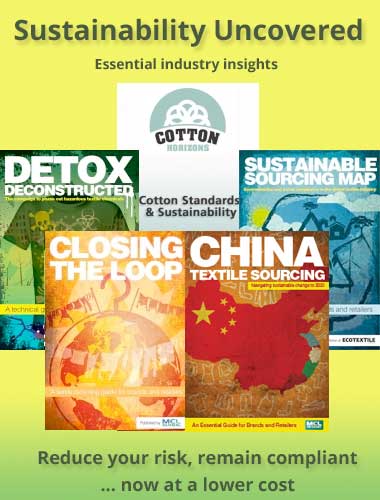EVANSVILLE – Berry Global Group achieved record sales of $13.9 billon in its financial year to the end of September 2021 and has made a new commitment to using 30% circular plastics across its fast-moving consumer goods packaging business by 2030.
The group’s adjusted earnings per share were up 20% on the prior year, coming in at a fiscal year record of $5.80 per share, with operating EBITDA of $2.2 billion.
“The strong performance throughout this year led to a net sales record along with 4% organic volume growth,” said CEO Tom Salmon. “All of these strong financial metrics were delivered despite a challenging backdrop of significant cost inflation along with labour and supply chain challenges. My deepest thanks go to our 47,000 employees who delivered these terrific results in what was a challenging and unpredictable year. We continue to invest in each of our businesses to build and maintain our low-cost manufacturing base.”
Selling prices
The net sales growth was primarily due to increased selling prices of $1,429 million due to the pass through of inflation, organic volume growth of 4%, a $331 million favourable impact from foreign currency changes, and a $131 million increase from extra shipping days. These increases were partially offset by prior year divestiture sales of $190 million. The organic volume growth was primarily due to organic growth investments, continued recovery of certain markets that had previously been facing Covid-19 headwinds and higher demand for health and hygiene products as a result of Covid-19.
The company’s Health, Hygiene and Specialties business achieved net sales of $3.158 billion, up 22% on 2020, with operating income of $398 billion up 35% on the previous year.
Progress here was primarily attributed to organic volume growth of 5%, increased selling prices of $385 million due to the pass through of inflation, a $42 million increase from extra shipping days in 2021, and a $41 million favourable impact from foreign currency changes, partially offset by prior year divestiture sales of $34 million.
The operating income increase was due to to a $36 million increase from the organic volume growth, a $48 million favourable impact from price cost spread, and an $8 million benefit from extra shipping days.
30 by 30
Berry’s global footprint and purchasing scale offer the group unique access to the supply of high-quality recycled material and as it attempts to move away from its reliance on virgin plastic, the company’s new 30 by 30 goal surpasses its previous goal to use 10% post-consumer recycled (PCR) resin by 2025.
Berry plans to meet its new recycled content goal through:
- Leading and early access to new recycled and renewable resins.
- Agility in global manufacturing capabilities aligned with evolving recycled content legislation.
- Significant sustainable packaging progress through collaborating with leading brands.
“Giving our natural resources multiple lives is critical to transitioning to a net-zero economy,” said Salmon. “Nothing is more important to us than helping our customers meet growing sustainability demand trends by accelerating the industry’s move towards a circular economy where reuse, recovery, and recycling are maximised.”
Compared to alternative packaging materials like paper, metal, or glass, recycled plastic typically results in lower energy use, as well as less waste generated. And the increased use of bio-based products made from renewable resources like sugarcane can further reduce the carbon footprint of packaging solutions.
A lack of recycling infrastructure is one of the most significant barriers to accessing enough recycled and bio-based renewable materials to deliver on sustainable packaging goals. Berry is actively engaged in multiple global infrastructure investments, and partners with organisations critical to ending plastic waste in various ways, including:
- Signing on to the Ellen MacArthur Foundation’s New Plastics Economy Global Commitment to change how plastic is produced, used, and reused.
- Taking on a leadership role with the Alliance to End Plastic Waste and The Recycling Partnership to support infrastructure investments needed to increase the use of recycled content and improve the collection and recyclability of plastic waste.
- Joining the World Wildlife Fund’s Bioplastic Feedstock Alliance (BFA) to support the responsible development and sourcing of plastics made from plant material.
“Biobased plastic – if sourced responsibly – can play an essential role in building circularity by decoupling from fossil fuels to address our new plastic needs,” said Erin Simon, head of plastic waste and business at WWF. “Corporate leadership is critical to advancing our knowledge and development of responsibly-sourced biobased plastic, and we welcome the valuable perspective that Berry Global will add to the BFA.”
